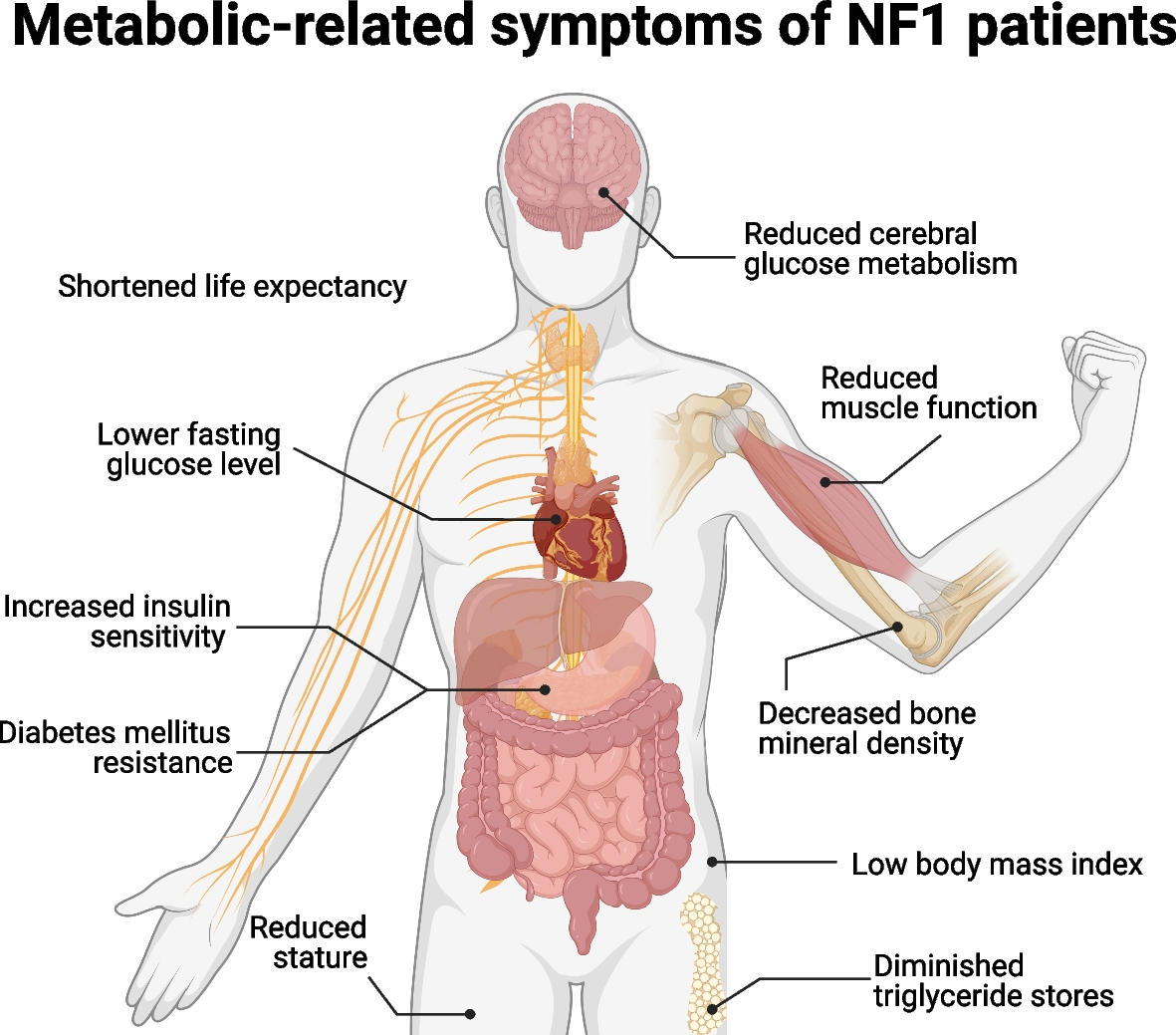Introduction
Neurofibromatosis type 1 (NF1) is a genetic disorder affecting the growth and development of nerve tissue. Characterized by the growth of tumors along nerves in the body, NF1 can manifest in a variety of ways, impacting individuals differently. While conventional medical treatments focus on managing symptoms and complications, some individuals explore alternative dietary approaches, such as the Paleo diet, hoping to influence the disease’s progression or alleviate related symptoms. This article examines the potential effects of a Paleo diet on NF1, exploring the theoretical benefits and limitations.
Paleo Diet and NF1: Potential Effects
Understanding the Paleo Diet
The Paleo diet, also known as the “caveman diet,” centers around foods presumed to have been eaten by early humans during the Paleolithic era. This typically includes:
- Lean meats
- Fish
- Fruits
- Vegetables
- Nuts and seeds
It excludes grains, legumes, dairy products, processed foods, and refined sugars.
Potential Benefits of a Paleo Diet for NF1
While there’s no direct scientific evidence specifically linking the Paleo diet to improved outcomes in NF1, some theorize potential benefits based on the diet’s characteristics:
- Reduced Inflammation: The Paleo diet’s emphasis on whole, unprocessed foods and the exclusion of processed sugars and refined carbohydrates may contribute to reduced inflammation within the body. Chronic inflammation is implicated in various aspects of NF1, and managing inflammation could potentially be beneficial.
- Improved Gut Health: Removing grains and legumes, which can be difficult to digest for some individuals, might improve gut health. A healthy gut microbiome plays a crucial role in overall well-being, including immune function, which could be relevant to NF1.
- Blood Sugar Regulation: By eliminating refined sugars and processed carbohydrates, the Paleo diet may promote more stable blood sugar levels. This could be important considering that impaired glucose metabolism is associated with some neurological disorders.
- Antioxidant Intake: The diet encourages a high intake of fruits and vegetables, which are rich in antioxidants. Antioxidants help protect the body against free radical damage, potentially contributing to cellular health.
Limitations and Considerations
It’s crucial to acknowledge the limitations and potential drawbacks before considering a Paleo diet for NF1:
- Lack of Scientific Evidence: No studies have specifically investigated the effects of a Paleo diet on NF1. Any purported benefits are largely theoretical and require rigorous scientific validation.
- Nutrient Deficiencies: Restricting entire food groups, such as dairy and legumes, could potentially lead to nutrient deficiencies. Careful planning and supplementation may be necessary to ensure adequate nutrient intake. A registered dietitian can assist with this.
- Individual Variability: The impact of any dietary change, including the Paleo diet, can vary significantly from person to person. What works for one individual with NF1 may not be suitable or effective for another.
- Sustainability: Maintaining a strict Paleo diet long-term can be challenging due to its restrictive nature. A less stringent modification might be a more sustainable approach.
- Cost: The diet focusing on high quality meats, fish and produce may be more expensive than a diet including legumes and grains.
Important Precautions
- Consult a Healthcare Professional: Before making any significant dietary changes, it’s essential to consult with a physician or a registered dietitian. They can assess individual needs, evaluate potential risks and benefits, and provide personalized recommendations.
- Monitor Nutrient Intake: If following a Paleo diet, ensure adequate intake of essential nutrients, such as calcium, vitamin D, and fiber, through careful food choices or supplementation as advised by a healthcare professional.
- Listen to Your Body: Pay attention to how your body responds to the dietary changes. Monitor any changes in symptoms, energy levels, and overall well-being.
Conclusion
While the Paleo diet presents theoretical benefits for individuals with NF1, particularly in terms of reducing inflammation and improving gut health, there is currently a lack of scientific evidence to support its effectiveness specifically for this condition. More research is needed to determine whether a Paleo diet or modified version can positively influence the course of NF1 or alleviate associated symptoms. It is crucial to consult with healthcare professionals before making any significant dietary changes and to prioritize a balanced and individualized approach to managing NF1.
